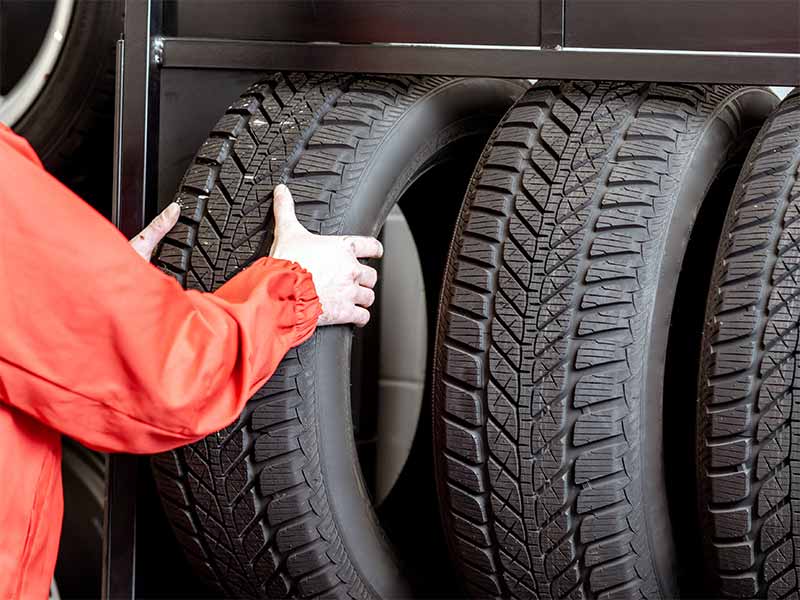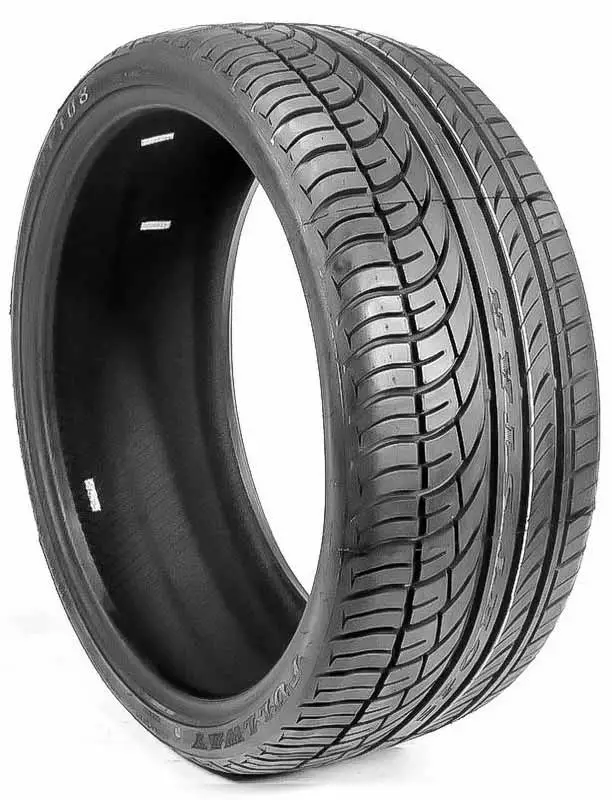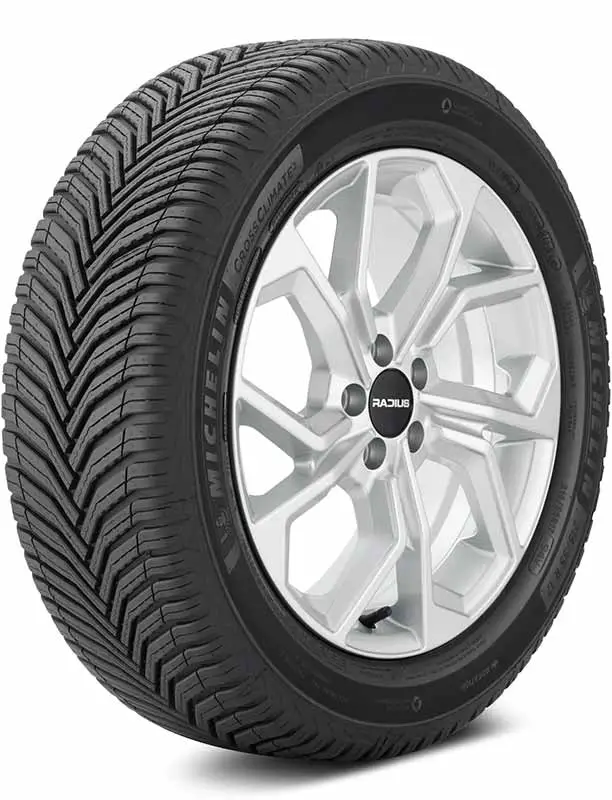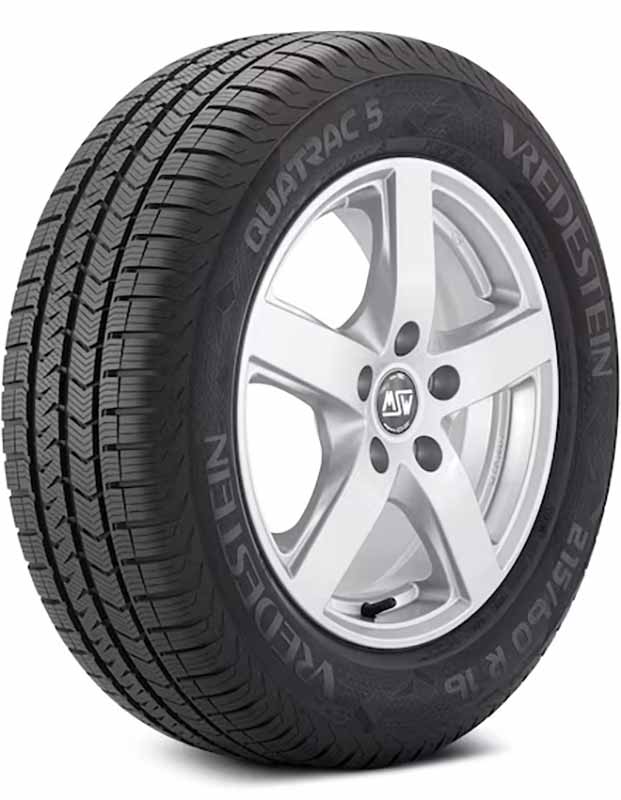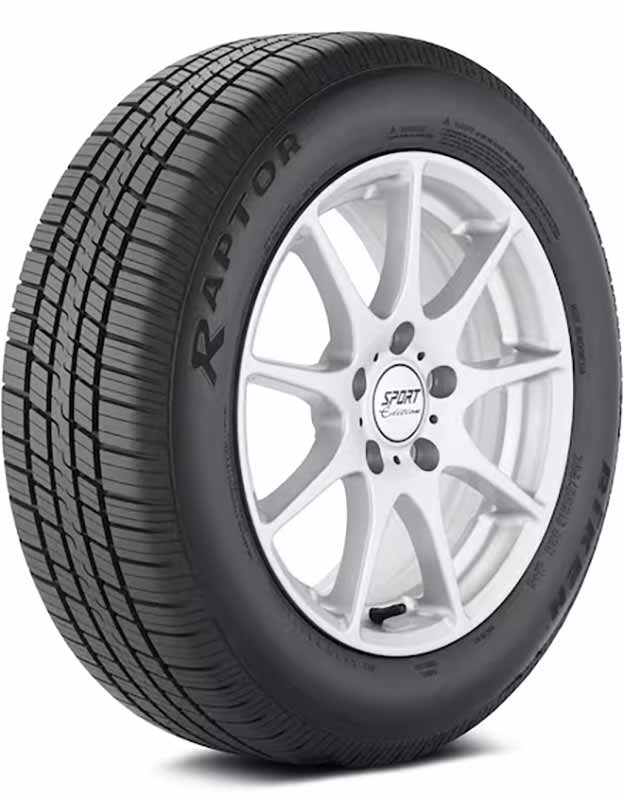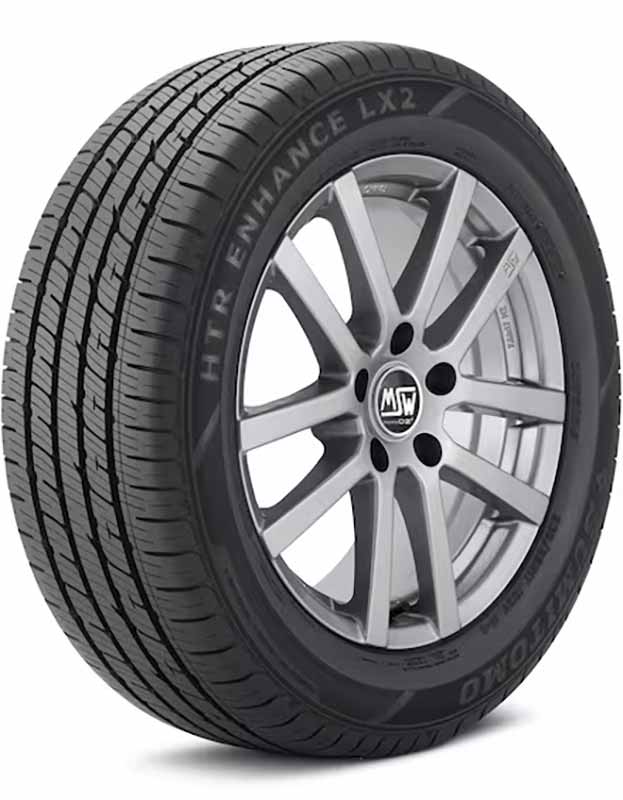Ever found yourself in the tire aisle, faced with a wall of options and prices, and wondered, “Are these expensive tires really worth it?” You’re not alone. Tires are a critical component of your vehicle’s performance and safety, but does a higher price tag truly equate to a longer-lasting, better-quality tire?
Do More Expensive Tires Last Longer?
Expensive tires often offer better longevity, performance, and safety features compared to cheaper alternatives, but their worth depends on your specific driving needs and vehicle type.
In this article, we explore various aspects of tire pricing and quality, delve into whether brand names like Michelin justify their cost, and provide practical advice on choosing the right tires for your needs and maintaining them for maximum value.
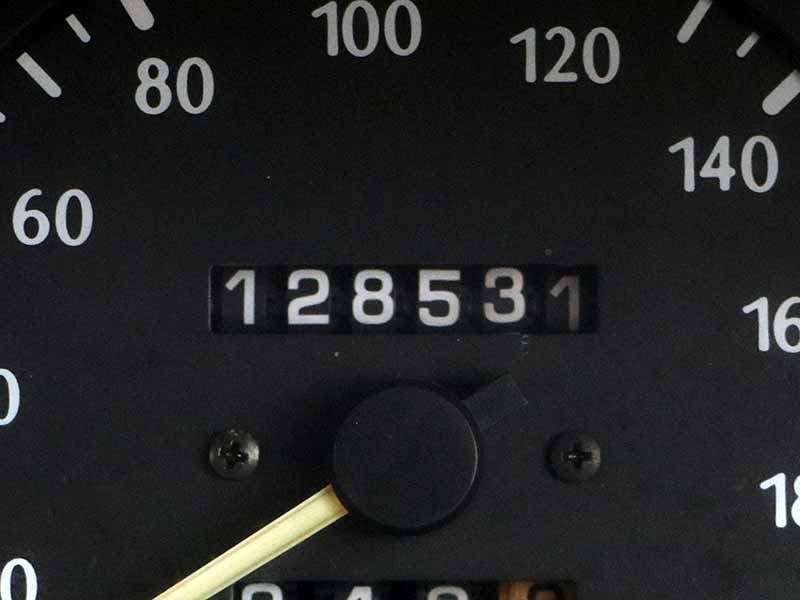
Understanding Tire Quality and Price
When it comes to choosing tires for your vehicle, it often feels like navigating a maze with a blindfold on. You’ve got a slew of brands, each promising the best bang for your buck. But what really sets apart expensive tires from their budget-friendly counterparts? Let’s peel back the layers and look at what you’re really paying for.
What Drives the Cost of Tires?
- Materials: High-end tires often use advanced rubber compounds and other materials that promise better performance and longevity.
- Technology: Cutting-edge technology in tire design, like improved tread patterns and sidewall construction, can ramp up the price.
- Brand Reputation: Brands like Michelin or Goodyear carry a premium, not just for the name, but often for the research and innovation they pour into their products.
In our detailed guide on Cheap vs. Expensive Tires, we delve deeper into the nuances that justify the price tags.
Performance Features: Premium vs. Budget Tires
Now, let’s talk about what these differences mean for you, the driver. Premium tires, thanks to their superior materials and design, generally offer:
- Enhanced Grip: Better road traction, especially in wet or icy conditions.
- Improved Fuel Efficiency: Some premium tires reduce rolling resistance, which can save you pennies at the pump.
- Longer Tread Life: This means fewer replacements and potentially more savings in the long run.
On the flip side, budget tires might not boast these advanced features, but they can still be a reliable choice for drivers with simpler needs or those who drive less frequently. Understanding the lifespan of cheaper tires can help you weigh the pros and cons.
Fullway HP108
Customer Rating
Overall Rating
7.3 of 10
Wet Weather
7.5 of 10
Winter Weather
6.2 of 10
Tread Wear
7.0 of 10
Dry Weather
8.2 of 10
Ride Comfort
7.5 of 10
UTQG
Uniform Tire Quality Grade
UTQG Treadwear Rating: 380
UTQG Traction Rating: A
UTQG Temperature Rating: A
Mileage Warranty
None
Find The Best Price
Key Performance Metrics
Hydroplaning: 7.5 of 10
Wet Grip: 7.5 of 10
Cornering: 8.0 of 10
Dry Grip: 8.5 of 10
Responsiveness: 8.0 of 10
Mild Snow Grip: 7.0 of 10
Heavy Snow Grip: 6.0 of 10
Ice Grip: 5.5 of 10
Comfort Level: 7.8 of 10
Road Noise: 7.2 of 10
Are Expensive Tires Worth It?
So, you’re standing in the tire aisle, or maybe browsing online, and you can’t help but wonder: “Do I really need to shell out the extra bucks for these high-end tires?” It’s a valid question, and the answer isn’t just a simple yes or no. Let’s break it down.
Longevity: Do They Last Longer?
- Higher Quality Materials: Expensive tires often have a longer lifespan due to the superior materials and advanced engineering that go into their making.
- Better Tread Wear: They tend to wear down more evenly and slowly, which means you won’t be heading back to the tire shop as soon.
But remember, longevity also depends on how you drive and maintain your tires. No tire, no matter how pricey, is invincible to neglect.
Performance: More Than Just Rolling
- Superior Handling: These tires can offer better handling, cornering, and braking, especially in challenging conditions.
- Quiet and Comfort: Expect a smoother and quieter ride, as premium tires are often designed to reduce road noise.
Safety: Is There a Clear Winner?
While both budget and premium tires must meet safety standards, the pricier options often boast enhanced safety features like better grip and shorter stopping distances. This could be crucial in avoiding accidents, especially in adverse weather conditions.
Are They Worth the Extra Money?
Here’s the deal: If you’re someone who spends a lot of time on the road or drives in varied conditions, the investment in high-quality tires might just pay off in the long run – in terms of both safety and economy. But if your driving is mostly limited to short, urban trips, you might not need all the bells and whistles of expensive tires.
The Brand Premium: What Are You Paying For?
- Research and Development: Big brands invest heavily in R&D, which can lead to innovative features in their tires.
- Quality Assurance: Name brands often have stringent quality control processes, ensuring a consistent level of performance and safety.
Performance and Durability: Brand vs. Generic
- Consistency: With name brands, you’re more likely to get a tire that performs as advertised, thanks to their established manufacturing processes.
- Long-Term Reliability: While some lesser-known brands can compete in terms of immediate performance, name brands often have a track record of reliability and durability.
Brand Reputation and Customer Trust
- Customer Service: Big brands usually offer robust customer support and warranties, adding value to your purchase.
- Consumer Trust: There’s a certain peace of mind that comes with buying from a well-known and trusted brand.
Still torn about whether to invest in those pricey tires? Take a peek at our comprehensive review of the Top 10 Tire Brands to see how they stack up against each other.
Michelin CrossClimate 2
Customer Rating
Overall Rating
9.1 of 10
Wet Weather
9.4 of 10
Winter Weather
8.8 of 10
Tread Wear
9.1 of 10
Dry Weather
9.4 of 10
Ride Comfort
8.9 of 10
UTQG
Uniform Tire Quality Grade
UTQG Treadwear Rating: 640
UTQG Traction Rating: B
UTQG Temperature Rating: A
Mileage Warranty
6 Years / 60,000 Miles
Find The Best Price
Key Performance Metrics
Hydroplaning: 9.4 of 10
Wet Grip: 9.5 of 10
Cornering: 9.3 of 10
Dry Grip: 9.5 of 10
Responsiveness: 9.3 of 10
Mild Snow Grip: 9.2 of 10
Heavy Snow Grip: 8.8 of 10
Ice Grip: 8.5 of 10
Comfort Level: 9.2 of 10
Road Noise: 8.7 of 10
Case Study – Michelin Tires
When it comes to premium tires, Michelin often rolls right into the conversation. Known for their iconic Michelin Man, they’re not just about catchy mascots; they promise quality, durability, and performance.
Michelin at a Glance
- Innovation and Quality: Michelin has a reputation for pushing the envelope in tire technology and quality.
- Wide Range: They offer a diverse range of tires suitable for different vehicles and driving conditions.
Comparing Michelin to Other Brands
- Longevity and Durability: Michelin tires are often praised for their longer tread life, which can mean fewer replacements and, potentially, more savings over time.
- Performance: Whether it’s wet grip, dry handling, or ride comfort, Michelin tires frequently top the charts in performance tests.
Cost vs. Value
- Upfront Cost: Yes, Michelin tires can be pricier upfront compared to some other brands.
- Long-Term Savings: However, the extended lifespan and reduced need for frequent replacements can make them cost-effective in the long run.
Are Michelin Tires the Right Choice for You?
- Consider Your Driving Needs: If you’re someone who covers a lot of miles, especially under varied conditions, Michelin’s performance and durability might be a smart investment.
- Budget Considerations: If your driving is more local and less intensive, you might prefer more budget-friendly options without compromising safety and reliability.
Wondering how Michelin stands in comparison to other premium brands or looking for alternatives? Dive into our in-depth analysis on Are Costco Tires Cheaper? for more insights.
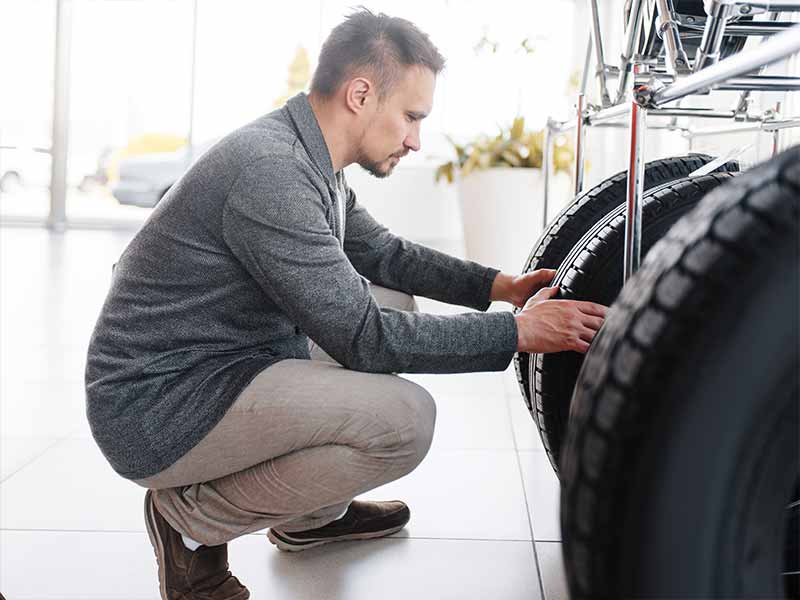
Making the Right Choice for Your Needs
Selecting the perfect tires for your vehicle is about finding the right match for your driving habits and vehicle type. Here’s how to ensure your choice ticks all the right boxes.
Vehicle Type: What Are You Driving?
- Passenger Cars: For sedans, hatchbacks, or similar vehicles, look for tires that offer a balance of durability, fuel efficiency, and comfort.
- Trucks and SUVs: If you’re behind the wheel of a larger vehicle, consider tires that cater to heavier loads and, if needed, off-road capabilities.
Consider Your Driving Habits
- Long-Distance Commuters: Frequent long drives call for tires with superior longevity and fuel efficiency.
- Urban Drivers: For those mainly navigating city streets, prioritize safety and handling, but you might not need all the premium features.
Balancing Budget and Quality
- Investing for the Long Run: Higher-priced tires can mean fewer replacements and better performance in the long run.
- Economical Choices: More affordable tires can be sufficient for less demanding driving conditions, as long as they meet safety standards.
Shopping Smart
- Where to Buy: Consider various purchasing options, from big retailers to local shops. Each has its pros and cons, which can affect your decision.
- Deals and Offers: Keep an eye out for deals, and don’t hesitate to ask about price matching. Some retailers, like Costco, might offer competitive prices and additional benefits. Learn more about this in our guide on Are Costco Tires Cheaper?
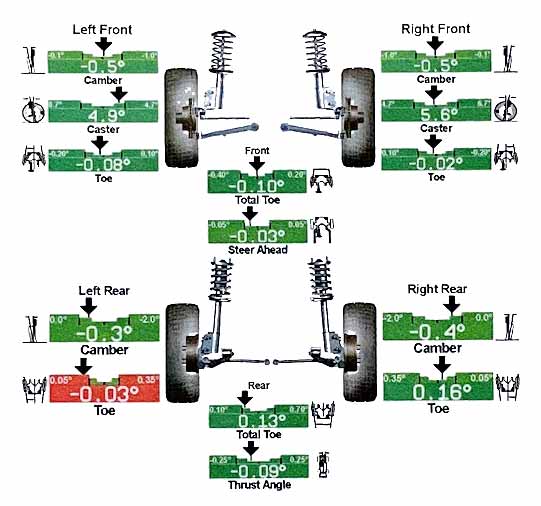
Tips for Maximizing Tire Life and Value
No matter what tires you choose, their longevity and performance heavily depend on how you maintain them. Let’s look at some practical tips that apply across the board, ensuring you get the most out of your tires, whether they’re premium or budget-friendly.
Regular Maintenance: The Key to Longevity
- Regular Tire Rotation: This helps even out the wear on your tires, extending their life.
- Proper Inflation: Keeping your tires inflated to the manufacturer’s recommended level is crucial for optimal performance and tread life.
- Alignment Checks: Periodic alignment checks prevent uneven wear and extend tire life.
Understanding Tire Warranties
- Read the Fine Print: Warranties can vary greatly between brands and models. Understanding what’s covered can impact your overall cost and satisfaction.
- Maintenance Requirements: Some warranties require regular maintenance performed at certified locations, so be aware of these conditions.
Driving Habits Matter
- Gentle Acceleration and Braking: Aggressive driving can wear your tires out faster.
- Avoid Excess Loads: Overloading your vehicle puts extra strain on your tires and can lead to premature wear.
When to Replace Your Tires
- Tread Depth: Monitor your tread depth regularly. A tread depth of 2/32 inches or less means it’s time for new tires.
- Age of Tires: Even if the tread looks good, tires degrade over time. It’s generally recommended to replace tires every 6 years, regardless of tread depth.
Resources
Below are some links you may find helpful when learning about tires:
- Tire safety basics – National Highway Traffic Safety Administration (NHTSA)
- How to choose tires – Consumer Reports
- Understanding tire specifications and features – Tire Rack
Final Thoughts
Choosing the right tires for your vehicle is a balance of understanding what you’re paying for and aligning it with your driving habits and needs. Premium tires, with their advanced materials and technology, generally offer better performance and longevity, potentially making them a worthwhile investment for frequent or varied-condition drivers.
However, if your driving needs are simpler, budget-friendly options can still provide safety and reliability. Remember, the longevity of any tire, expensive or not, greatly depends on regular maintenance and driving habits.
So, whether you decide to invest in high-end tires or opt for a more economical choice, taking good care of them is key to ensuring they last and perform at their best.
Good luck and happy motoring.
